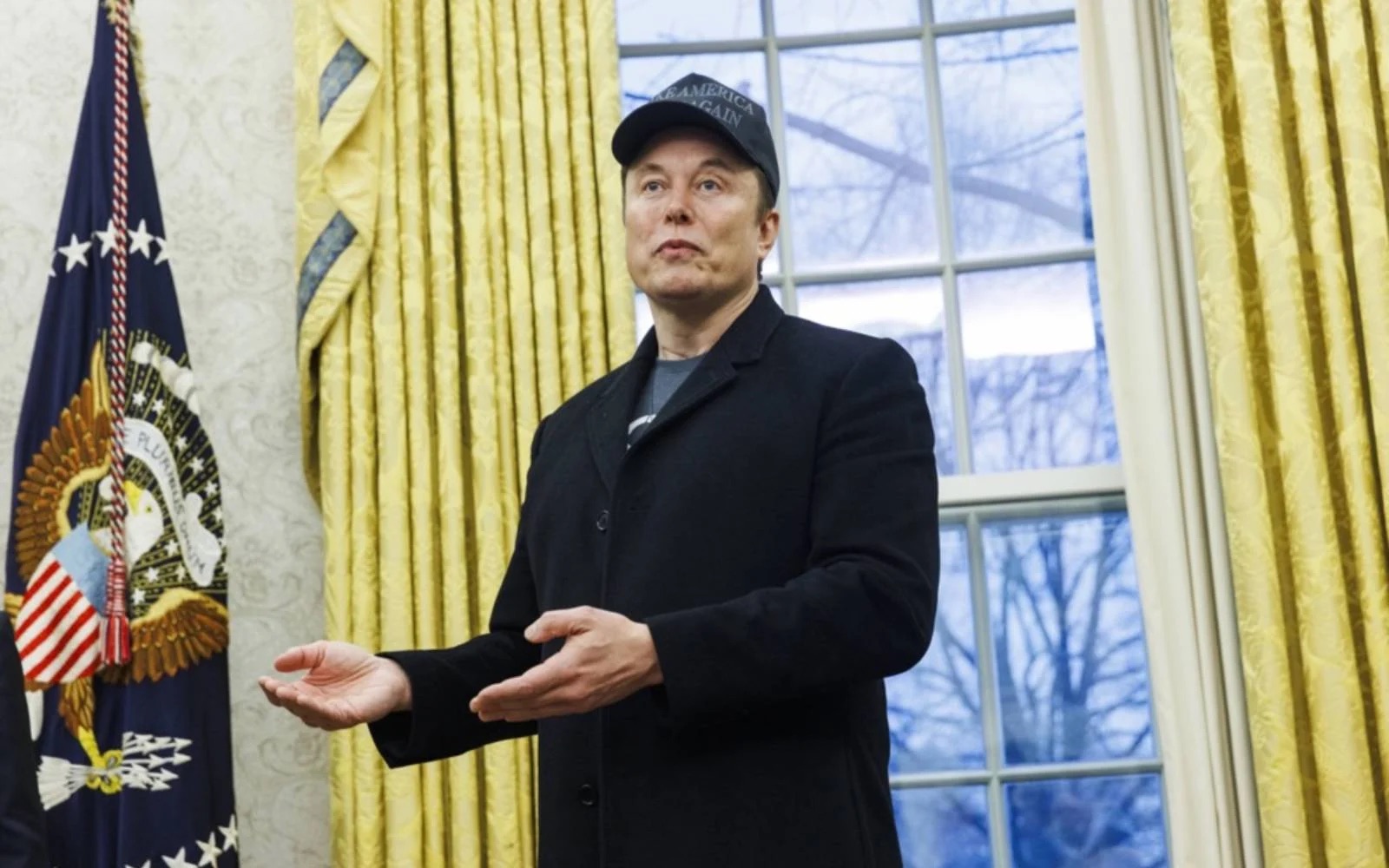
X Corp., the social media platform owned by Elon Musk, is suing. Their goals include striking down a Minnesota law against using deepfakes to affect election outcomes and injure political candidates. The company argues that the law, authored by Democratic state Senator Erin Maye Quade, is unconstitutional under the First Amendment. They further contend that it punishes users too harshly.
Minnesota’s Deepfake Law
The Minnesota law creates criminal penalties for distributing malicious deepfake content. If they do so with the knowing intent to mislead or with a reckless disregard for whether it’s false, they should be subject to jail time. These penalties focus deepfake content released within 90 days of a party nominating convention. These provisions are enforced, too, once early voting begins for primary or general elections.
X Corp.’s lawsuit argues that the law contravenes U.S. Constitution-protected free speech rights. The company argues that the new 2023 Minnesota law violates a federal law passed in 1996. That statute was indeed written to shield social media companies from liability for the content that their users created.
“The law’s reference to banning ‘deep fakes’ might sound benign, but in reality, it would criminalize innocuous, election-related speech, including humor, and make social-media platforms criminally liable for censoring such speech,” stated X Corp. in its lawsuit.
As University of Minnesota law professor Alan Rozenshtein points out, that’s actually beside the point. He insists that we all need to disentangle free speech controversies from our subjective views on Elon Musk. He expressed confidence that the Minnesota law would likely be struck down, stating, “I’m almost positive that this will be struck down.”
Rozenshtein warned about the implications of the law, noting, “You’re going to censor a massive amount to comply with this law.” He contended that though deepfakes are indeed an existential threat to democracy, the answer is not to ban them.
Political Reactions
This new ordeal follows on the heels of another constitutional battle. It features far-right content creator Christopher Kohls as well GOP state Representative Mary Franson. Neither of them believes in the law’s punitive approach. They use AI technology to create social media parodies of candidate political importing that illustrate their positions.
Minnesota AG Keith Ellison’s office is still reviewing the lawsuit and intends to respond in due time.
Democratic state Sen. Erin Maye Quade criticized X Corp.’s lawsuit, asserting that Musk’s company is reluctant to accept restrictions on spreading harmful misinformation: “Of course he is upset that Minnesota law prevents him from spreading deepfakes meant to harm candidates and influence elections. Minnesota’s law is clear and precise, while this lawsuit is petty, misguided and a waste of the Attorney General Office’s time and resources.”
As this legal battle unfolds, concerns regarding the potential impact of deepfakes on electoral integrity remain at the forefront of public discourse. The problem entails thorny First Amendment questions about how to protect freedom of expression while defending our democratic processes.
Alan Rozenshtein summarized the broader implications succinctly: “People want to be fooled, and it’s very bad for our democracy, but it’s not something I think can be solved with a deepfakes ban.”
What The Author Thinks
The issue of deepfakes raises critical concerns about the balance between free speech and the protection of democratic processes. While X Corp.’s lawsuit focuses on the First Amendment and the potential overreach of Minnesota’s deepfake law, it’s crucial to consider the long-term implications of allowing harmful misinformation to proliferate during sensitive political periods. Banning deepfakes outright might be challenging, but finding a way to curb their negative impact without stifling legitimate political discourse is essential to maintaining a healthy democratic system.
Featured image credit: FMT
Follow us for more breaking news on DMR
